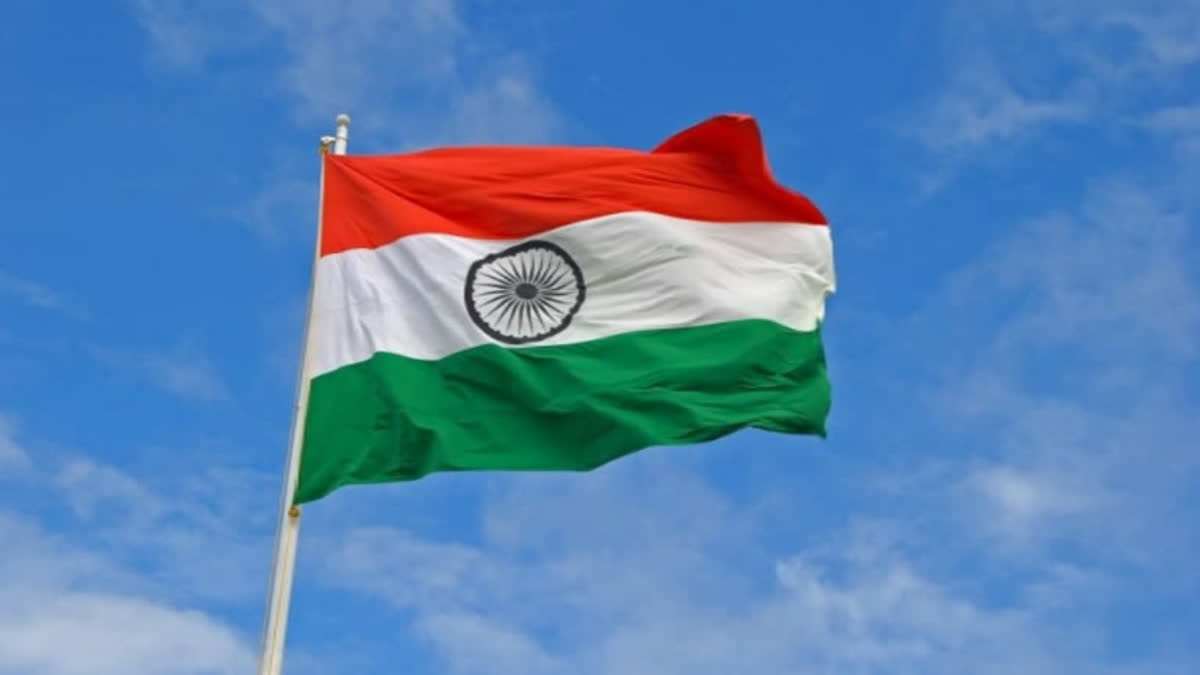New Delhi:India's increasing influence is seen as a threat to China, particularly as President Joe Biden and Chinese President Xi Jinping are set to engage in talks before the upcoming US presidential elections, an expert told while speaking to ETV Bharat. The White House has confirmed that the two leaders will hold a telephone conversation as part of an effort to strengthen the US-China relations. This development coincides with Indian Prime Minister Narendra Modi's scheduled visit to the US on September 22 where he is expected to address the Indian diaspora and participate in the United Nations General Assembly week in New York. The visit to the US comes at a time when the world is experiencing significant shifts in geopolitical dynamics. This will be an important visit after PM Modi's recent visits to Russia and Ukraine and ahead of the US Presidential elections slated for this November.
The call between Biden and Xi was discussed during a meeting between Biden's national security adviser and China's Foreign Minister in Beijing earlier this week. The White House statement also mentioned plans for a military dialogue between the two countries. Notably, both sides emphasised the importance of maintaining high-level diplomacy and ongoing consultations. During US NSA Jake Sullivan and Chinese Foreign Minister Wang’s meeting, the two sides held candid, substantive and constructive discussions on a range of bilateral, regional and global issues. Sullivan and Wang noted the importance of the strategic channel of communication over the past 18 months and committed to maintaining high-level diplomacy and working-level consultations on an ongoing basis, according to the White House.
What does it mean for India as the talks between Xi and Biden come amid PM Modi's visit to the US slated for September 22? In light of these developments, Dr Arvind Kumar, a Professor of United States Studies at Jawaharlal Nehru University, in conversation with ETV Bharat's Chandrakala Choudhury, said that India's ascendance appears to be viewed as a challenge by China. However, he emphasised the significance of collaboration between India and China in shaping the 21st century as an era dominated by Asia.
"The way things have unfolded between the US and China, there is no denying the fact that both sides have been attempting to see how best they could dispel all their misunderstanding and usher into a friendly relation because one thing is very clear is their economic interdependence, especially at a time where there is a decline in the GDP of the global economy and also very inconsistent growth of US economy. In that context, China would like to move ahead despite their divergences. The talk is also significant in the context of the geopolitical shift that largely centres around the ongoing conflicts in the world and their position on the same. The international community would like to see how China and the US reach a common understanding of many of these conflicts. Joe Biden and Xi Jinping talk largely to see how best they can better understand each other's perceptions. Both leaders would like to expand their existing military talks. There is an upward trajectory regarding mutual understanding between China and the US".
When asked about how significant are the Xi-Biden talks as far as India's ties with the US are concerned, Dr Kumar opined that India's rise seems to be a threat to China, but at the same time, China also understands that the 21st century will not become an Asian century unless India and China work together.
"Many of the things, which are happening now are based on specific geopolitical case studies. In global diplomacy, one cannot isolate a country and bring the other to the table. The US's expectation particularly from India has increased significantly wherein they would like to see India take more responsibilities and also become a part of the solution to many of the global problems. The US feels that they are no longer ready to accept global responsibility, but they would like cooperation from India and other like-minded countries.
